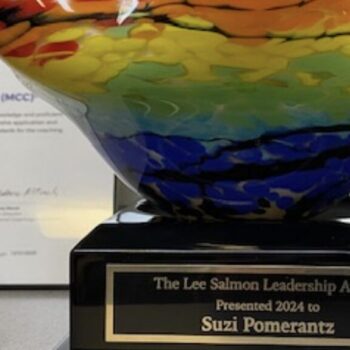
Reframing as an Essential Coaching Strategy and Tool
Korzybski, Alfred (2023) Science and Sanity (6th Ed.) New York: Institute of General Semantics.
Lippitt, Ronald, Jeanne Watson and Bruce Westley (1958), The Dynamics of Planned Change. New York: Harcourt, Brace and World.
Novak, William and Moshe Waldoks (1981), The Big Book of Jewish Humor. New York: William Morrow.
Page, Scott. (2011) Diversity and Complexity. Princeton, NJ: Princeton University Press.
Polanyi, Michael (1969) Knowing and Being. Chicago: University of Chicago Press.
Porter, Eiias (1996) Relationship Awareness Theory (9th Ed.) Carlsbad, CA: Personal Strengths Publications.
Rosenthal, Robert and Lenore Jacobson (2003) Pygmalion in the Classroom. Bethel, Connecticut: Crown House Publishing.
Sarason, Seymour. (1972) The Creation of Settings and the Future Societies. San Francisco: Jossey-Bass.
Taylor, James and David Felten (1993). Performance by Design: Sociotechnical Systems in North America. Englewood, Cliffs, NJ: Prentice-Hall.
Tolman, Edward (1948) “cognitive maps in rats and men,” Psychological Review, 55 (4), pp.189-208.
Watzlawick, Paul, John Weakland and Richard Fisch (2011) Change. New York: Norton.
Weitz, Keven and William Bergquist (2022) Believing or Disbelieving Leaders and Experts: The Dangerous Influence of Conspiracy Theories. Library of Professional Coaching. Link: https://libraryofprofessionalcoaching.com/concepts/managing-stress-and-challenges/believing-or-disbelieving-leaders-and-experts-the-dangerous-influence-of-conspiracy-theories/
Whitehead, Alfred and Russell, Bertrand. Principia Mathematica. Three Volumes, (2nd ed) Cambridge, England: Cambridge University Press, 1910-13.
- Posted by William Bergquist
- On May 10, 2024
- 0 Comment


Leave Reply